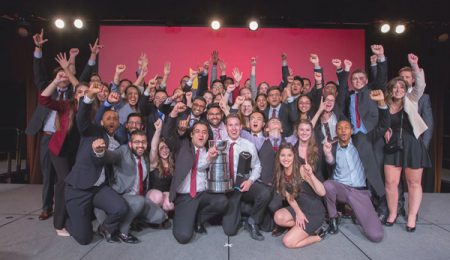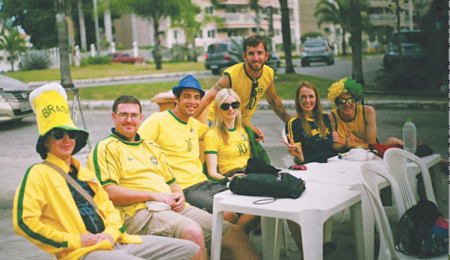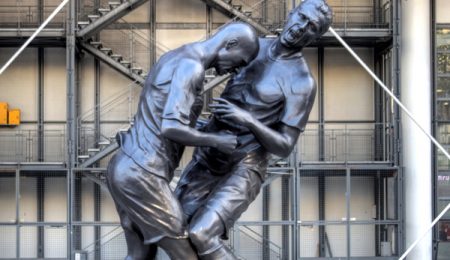Enactus uOttawa, a University of Ottawa club that looks to create business solutions to social justice issues, is going to Johannesburg, South Africa to compete in the Enactus World Cup.
world cup
The problem is the lack of official media coverage, certainly, but our own inability to indulge in women’s sports the same way we do in men’s sports is also to blame.
Fast forward to 2014, and the environment has completely changed. The streets are awash with advertising and genuine fervor for the 2014 World Cup in Brazil. In a way, it is a romantic event with the special relationship Brazil has with football, but this alone could not explain the incredible boom in interest for this specific World Cup. Many were intrigued by how South Africa would cope under the global spotlight with all its social issues and lack of infrastructure. Brazil bore a similar tale this year, only one crystallized with dollops of soccer mysticism.
Still, this summer I felt the magic of the World Cup everywhere I went. The same broadcasters of 2010 were now excited for the game coverage, and viewers could watch more matches and other content than ever before.
“Beyond it being a beautiful reminder of the need for violence in the world, the statue also served as a valuable tool for bridging the gap between the Middle East and the Western world.”
Currently ranked in 28th place by the International Quidditch Association (IQA), the U of O squad is definitely a force to be reckoned with.






